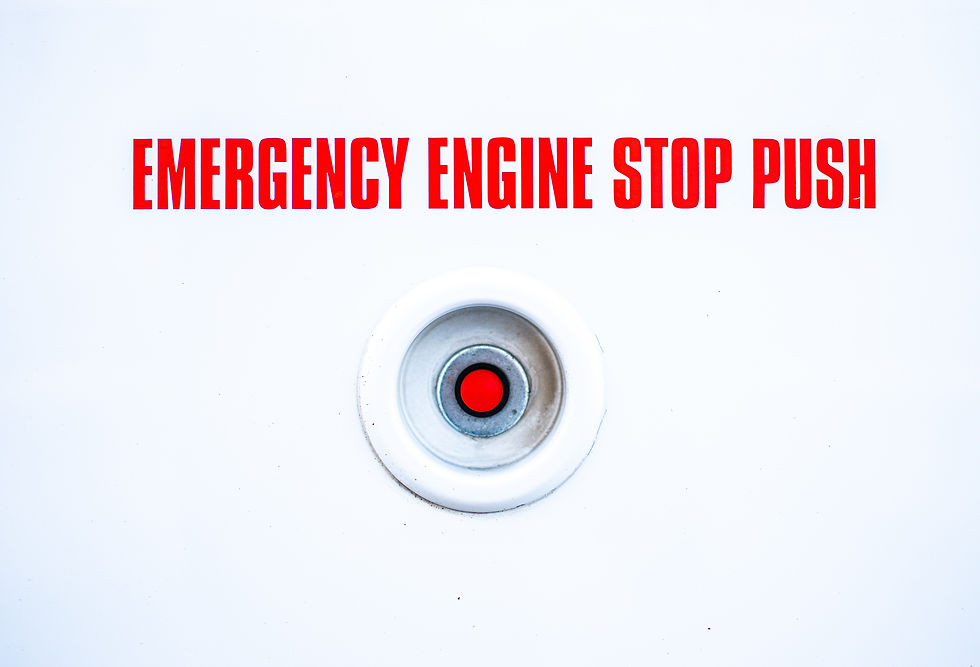As an Executive Coach, I’m lucky enough to have companies that will pay for even their most junior members to work with me. It was my dream that executive coaching should be available for everyone especially people coming into organisations when this is their first or second role. This is when forming leadership capabilities can be high as can stress.

Especially in countries where there have been stricter restrictions to movement and extended periods of quarantine, working as a young professional has been extremely stressful. There are some themes that I have noticed with my coaching clients over the last few months. I’m listing them out below and also giving you some solutions to help self-coaching.
I firstly want to send a note to the leaders.
The people who are entering your organisation and have been in your organisation for the last two years are not having the same experiences you have in the past. The experience, their stressors, the amount of notifications, external influences and pressures on them is ridiculously higher than it was when you were coming into a working environment for your first job. Please remember this. Learn to adapt with empathy and coach your young leaders through these difficult times!
We can never switch off from work
With work from home and the ability to connect with people through any myriad of apps, it’s very difficult for these people to switch off. Notifications are popping up everywhere you’ve got the obvious FOMO/ fear if you don’t respond immediately. This also puts pressure on maintaining personal social connections. Ensuring you don’t let people down and knowing the “rules for response” can be harder than ever.

Self-Coaching Tips
How important is it to reply right now? This evening? What are the consequences of responding or not responding? Can you set a rule for responding or understand what the company expectation for response is before you start to pressure yourselves?
For people who are feeling stressed in the evening, turn off your notifications, ask yourself how urgent it really is to respond right now, and allow yourself that time out. Do something that you really love and get yourself into flow when you can in the evening or when you have time off at the weekends or any other day.
It’s important to communicate with your leader or line manager if you’re starting to feel the effects of burnout through working extended hours. Alternatively, you can set the premise before the start and explain that it’s part of enabling you to be at your highest level of effectiveness to have time out in the evening. This is particularly challenging in professions for example law practice and wealth management or finance where extended hours are expected.
Our minds can never be quiet
Similarly to the above, I’m hearing that the ability to quieten down one’s mind, focus on one individual task, and then switch off when you get home and not think about work, or really have that downtime needed it’s becoming harder and harder to do.
Self-Coaching Tips
Firstly give yourself time out as above. Switch off notifications. Next, think about a time when you were really focused on something you absolutely love doing. That might be walking drawing running or anything where your mind is quieter. Create an intention to do this action and while you’re carrying out this action really focus on what you are doing at that particular time. If you’re running, focus on your body and how that feels. If you’re outside, focus on your surroundings and really look at the countryside all the buildings. Be present where you are. This is helping your mind focus on the here and now. Being mindful. This WILL quieten your mind.
Practising mindfulness for just 10 minutes a day has been proven to help people with stress and health levels. If you make time for this every single day it’s completely life-changing and will certainly help you learn and practice to focus your mind on something which helps you be calmer and can quieten down the noise which you might be experiencing when you become overloaded.
These are just 2 ways of getting started to reduce your stress levels which is also increasing your level of health. Check out the remainder of this publication for more ways to control anger, reduce fear and be more patient to help you increase your wellbeing!
Also, check out the Millenial and GenZ survey for this year from Deloitte for more information.
Caroline Langston is the Co-Founder of Successful Consultants Ltd, an Executive, Personal and Career Development Coaching company in Hong Kong and New York. She is also the Founder of recruitersgiveback.org a nonprofit providing free information and coaching to people who are unemployed. Caroline is dedicated to coaching people for success and happiness in their careers and lives. She is degree qualified with a Certificate in Professional Coaching Mastery from the ICF, Certificate in Team Coaching from the EMCC. Also further certifications in Neuro-Linguistic Programming at Master Practitioner and Coach level. www.successCL.com www.recruitersgiveback.org
.
Comments